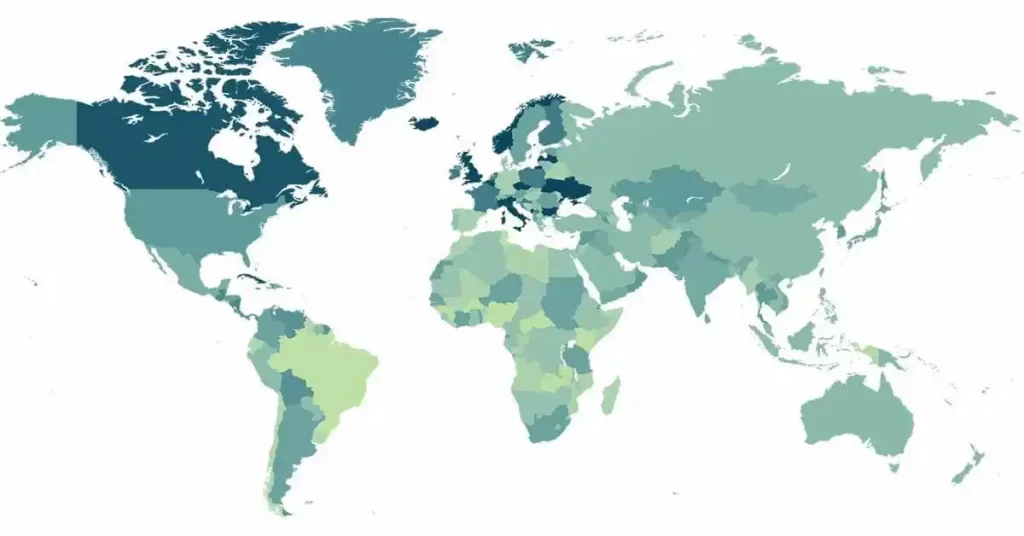SEO stands for “search engine optimization.” It refers to enhancing your website’s visibility when users search for goods or services associated with your companion Google, Bing, and other search engines. You are more likely to attract attention and draw in new and returning clients to your business: the more visible your pages are in search results.
Based on an algorithm that considers authority, relevance to that query, loading speed, and other factors, they choose the “best” results. (Google, for instance, uses an algorithm with over 200 ranking variables).
When people think about Search engine optimization, it is typically associated with Google SEO. It’s how search engine bots determine just how well a website or web page can provide a searcher with the information they’re looking for. Because you cannot buy higher organic search rankings, unlike paid search advertisements, seo services must put in the necessary effort.
There are basic three types of seo:
- On-Page
- Off-Page
- Technical
On Page Seo
The practice of optimizing web pages to improve a website’s rank in search results and draw in organic visitors is frequently referred to as on-site SEO. In addition to publishing pertinent, high-quality material, on-page SEO also involves optimizing your headlines, HTML elements (title, meta, and header), and photos.
Off Page Seo
Off-page SEO involves link building, social media, and local search engine optimization. Off-page SEO refers to everything that doesn’t happen on your website directly. Off-page SEO refers to operations carried out away from a website to improve its search engine rankings. Building backlinks, promoting branded searches, and boosting social media engagement and shares are typical off-page SEO strategies.
Technical Seo
Technical SEO is the process of improving your website and server so that search engine spiders can more efficiently scan and index your site (to help improve organic rankings).
How Does SEO Work?
Search engines are used by people when they have a query and are searching on the internet for the answer. Search engine algorithms are computer programs that sift through data to provide users with the precise results they want. Search engines use algorithms to identify websites and choose which ones to rank for a particular keyword. Search engines go through three stages to find information: crawling, indexing, and ranking.
Crawling
Web crawlers are sent out by search engines to discover new pages and collect data on them. These web crawlers are sometimes known as robots or spiders. They aim to find new websites that are available and to frequently check previously viewed pages to determine if the material has changed or been updated.
Search engines use links they’ve already found to crawl web pages. When a search engine searches your homepage, it will look for another link to follow and may follow the link to your new blog post if you have a blog post that is connected from there.
Indexing
A search engine determines whether or not to use the content it has crawled during the indexing process. A search engine will include a crawled web page in its index if it determines that it is worthy. At the end of the ranking process, this index is employed. A web page or other piece of material that has been indexed is filed and saved in a database so that it can be retrieved later. Most websites that offer distinctive and valuable information are indexed. A website could be excluded from the index if:
- Its contents are regarded as duplicates.
- Its content is regarded as being of low quality or spam.
- No one could crawl over it.
- There were no outside links to the page or domain.
Ranking
Only once crawling and indexing are finished can ranking take place. Your website can be ranked once a search engine has crawled and indexed it.
More than 200 ranking factors are used by search engines to categorize and rank content, and they all fall under one of the three SEO pillars: technical, on-page, or off-page optimization. Search engines employ a variety of signals to determine how to rank websites, as follows:
- The use of keywords in the title tag.
- Loading time for a website.
- Website standing.



